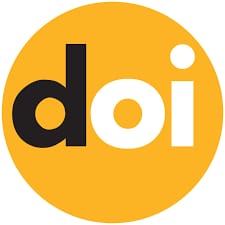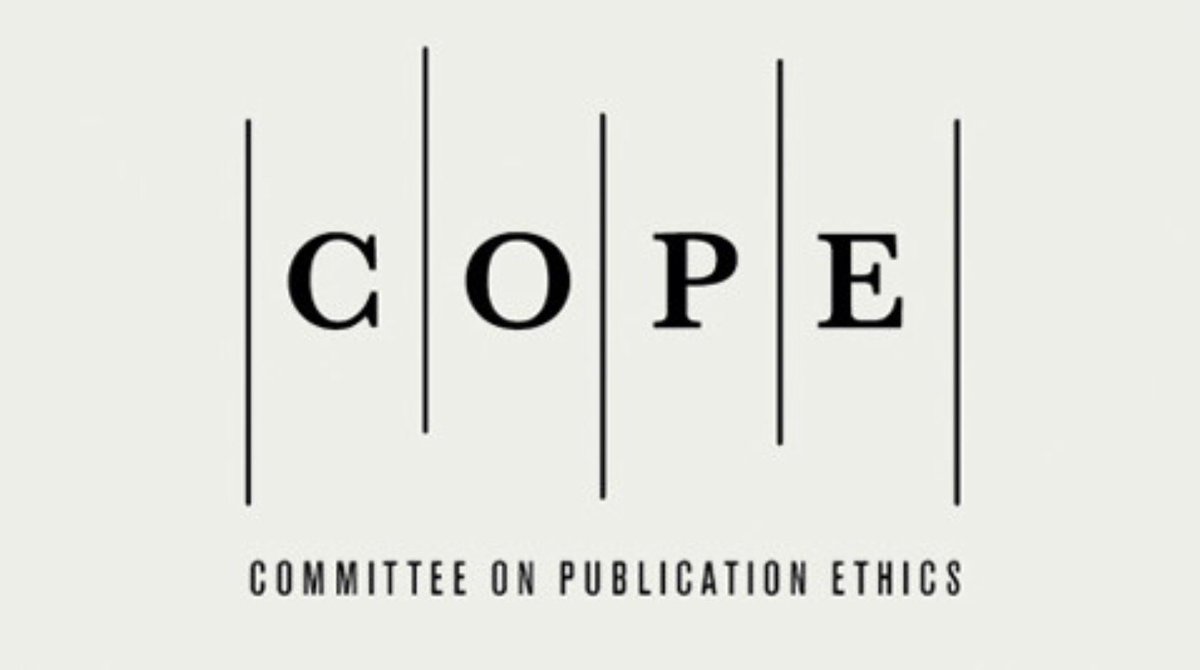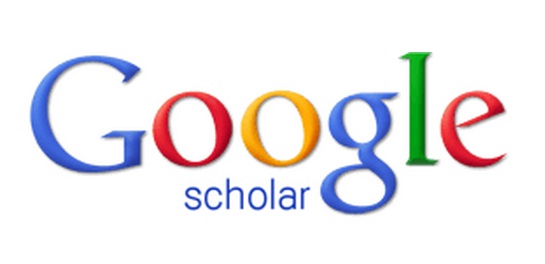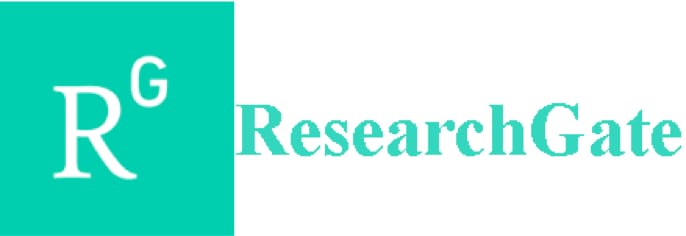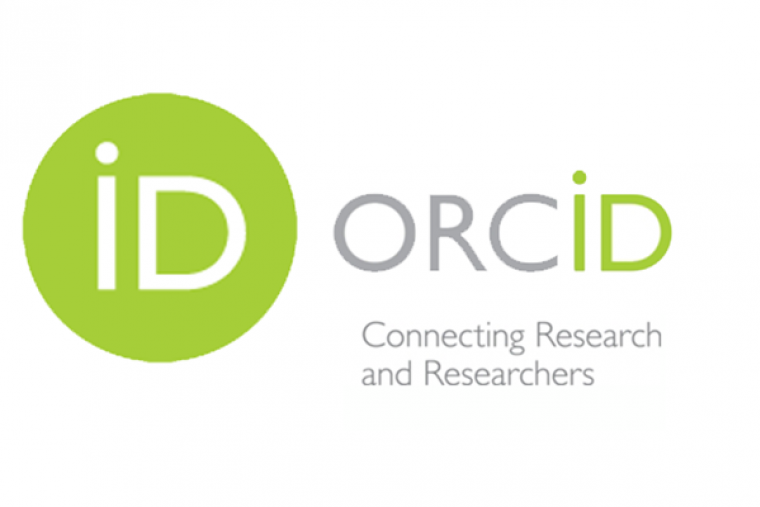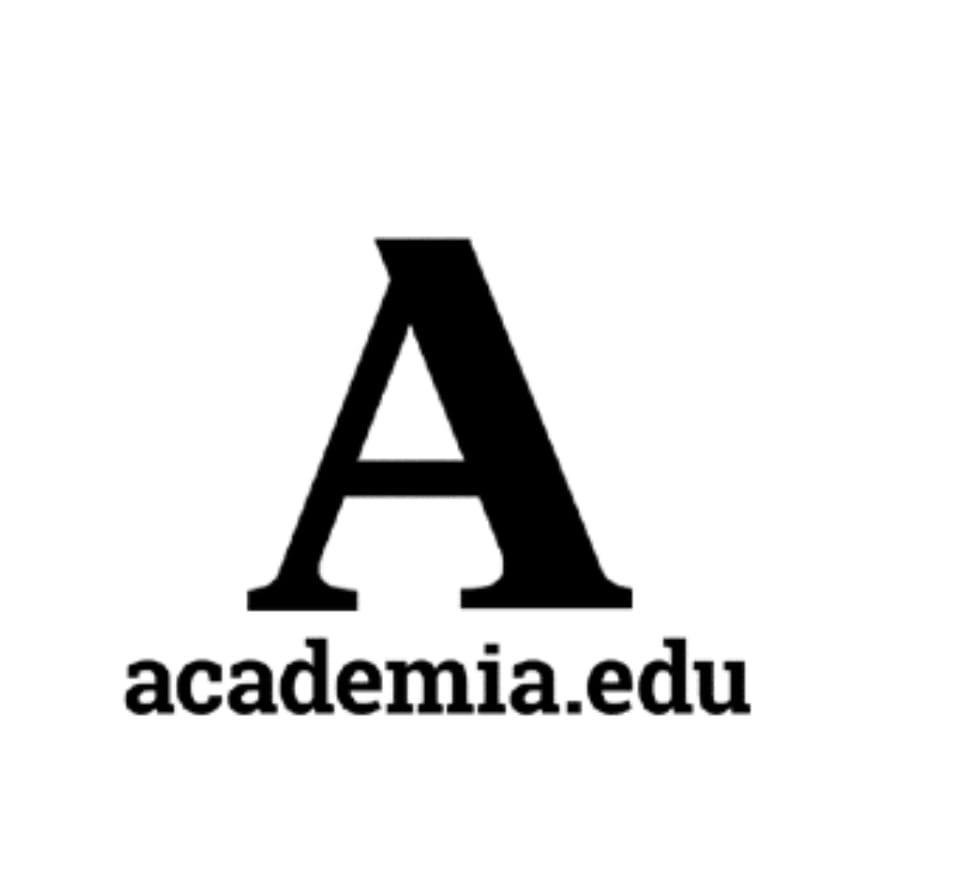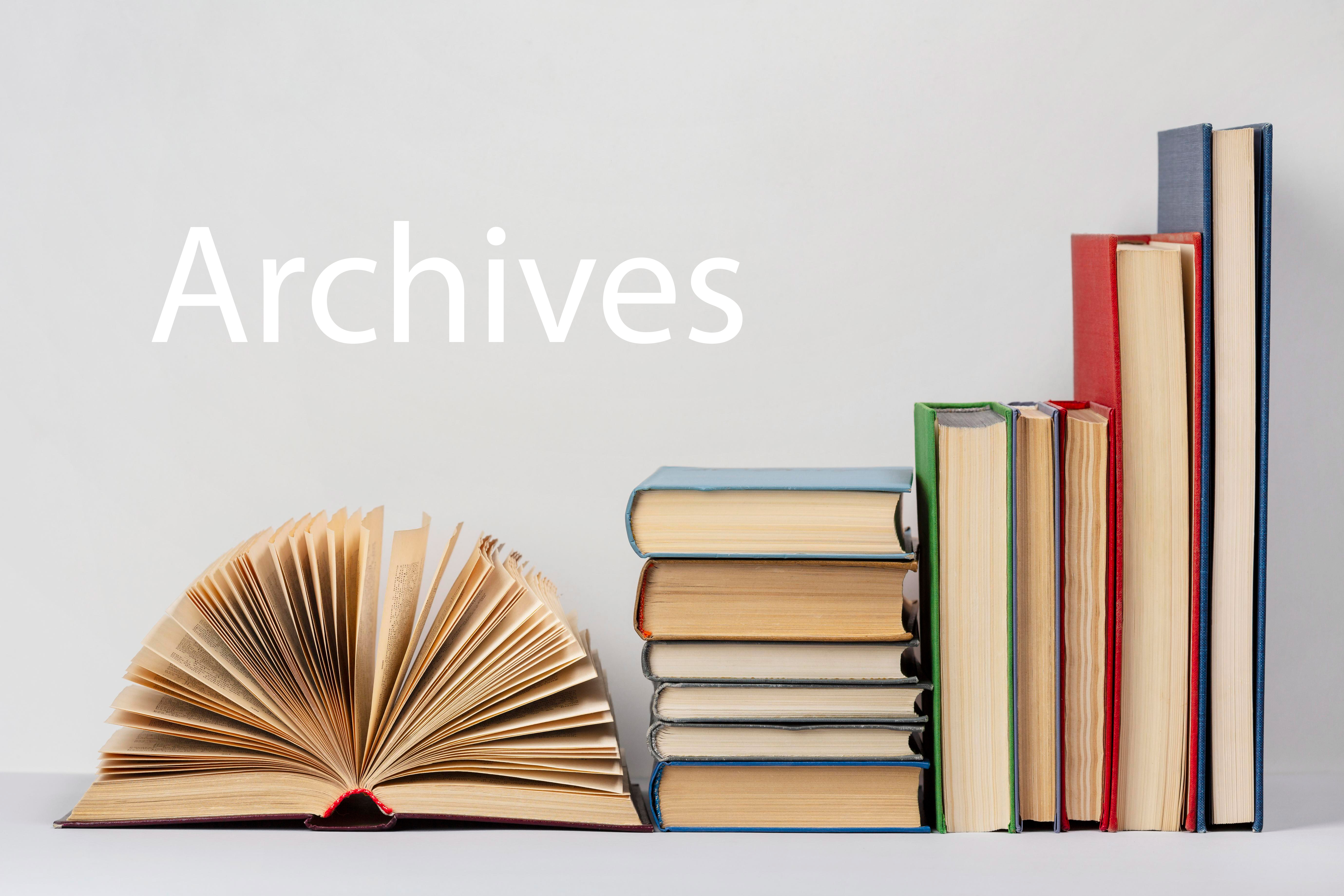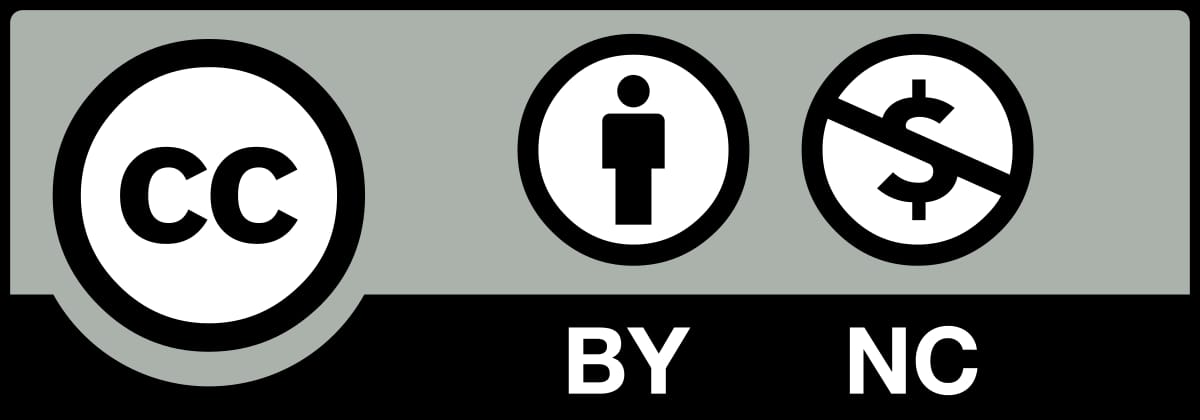[8] INTEGRATION OF INFORMATION AND COMMUNICATION TECHNOLOGY (ICT) IN THE TEACHING METHODOLOGIES OF THE SELECTED FACULTY MEMBERS OF MSU MAIN CAMPUS : A POLICY RECOMMENDATION
ARTICLE INFO- Date of Submission: July 30, 2024, Revised: Aug 08, 2024, Accepted: Aug 15, 2024, https://doi.org/10.56815/IJMRR.V3I3.2024/67-81
Abstract
This research undertaking aimed to investigate contributions of Information and Communication Technology (ICT) integration in the Teaching Performance among the selected colleges as perceived by the faculty of Mindanao State University, Marawi City. This study is anchored on the Triple-E Framework of Liz Kolb which is a practical tool that measures the degree to which the technology in a lesson is helping students meet the learning goals. Faculty respondents were also asked on the effects of ICT integration in the classroom based on the Dimensions of Triple-E Framework. Significant insights were also gained from the perceptions and responses from students regarding their exposure to ICT tools as part of their learning process. Finally, the interpretation of data and responses that were gathered provided basis in generating ICT support facilities needed by the faculty members for the effective and efficient execution of their teaching methodologies for the betterment of their learners and the possible interventions of the University Administration of the ICT related development programs.The data from the survey yielded the diverse rankings of ICT tools that were integrated in their teaching methodologies. With a diverse frequency, they utilized technology in organizing text, images, audios, and videos through power point presentations in order to facilitate effective and efficient lecture and discussion for classroom interaction and enhancement. The data obtained from the survey identified the “Intermediate” Level of Literacy of the Integration of Information and Communication Technology (ICT) tools. Among the ranking of tools that they commonly utilized were: Personal Computer, Laptop, Printer, DLP Projector, Smartphones, Television Monitor while the most useful software were the Microsoft Office, Audios, Videos, Multimedia Players, Online Applications and resources as well as the Internet. Their knowledge and skills in ICT use determined their evaluation of the role of technology in achieving the learning objectives they aimed for the students which resulted among exceptional, strong and average connection. This implied the strong relevance of utilizing technology and the internet in helping their students maximize the achievement of their learning objectives. In describing their responses regarding ICT integration in the Teaching Methodologies, Students’ responses considered and gleaned from the Focus Group Discussion (FGD) and series of Interviews that were conducted with the group of students. Students identified themselves as ‘Millennials’ and the immense role of ICT is inevitable. They see technology as of the means to learn better. During the interview sessions, majority of them shared the importance and preference of ICT in the conduct of their classes while some were able to disclose it negative impact. Inevitably, most of them described it as very practicable in the teaching methodologies of their instructors and for them as a learners. They also made mention how the classroom became transformative with the advent of ICT tools integrated in the teaching methodologies of their educators. This study made an implication that the collaboration of technology and the faculty inputs would help maximize and attain the learning objectives that could facilitate authentic development to the learners. This study recommended the following: all the tertiary faculty members, especially those who did not integrate ICT into their teaching methodologies, to utilize ICT facilities through equipping their knowledge and skills on the use of ICT tools; faculty members should undergo advance trainings and engagement on the ICT-related development programs to be more effective in their teaching methodologies; all the faculty members to widen their perspective and dimension on the diversity of the use of ICT tools that can contribute to the acquisition and absorption of knowledge among the students by increasing their motivation and engagement in classroom activities; the university officials must initiate an effort to provide ICT facilities, interventions and development programs for ICT to supplement the noble vision of the university to be in international status; Indeed, ICT plays an important role in achieving the university visions through the provision of these facilities; University and college officials must invest in ICT facilities for the teaching methodologies of their faculty for the students to be diverse and competitive making them in an international standard; and lastly, all faculty members must be well-versed and equipped with the knowledge of ICT tools for them to incorporate in their teaching methodologies as the researcher truly believes that ICT unlocks the door to education and education unlocks the door to development.
Keywords:
Information, Technology, Teaching, PolicyDownloads
License
Copyright (c) 2024 Author(s)

This work is licensed under a Creative Commons Attribution-NonCommercial 4.0 International License.

